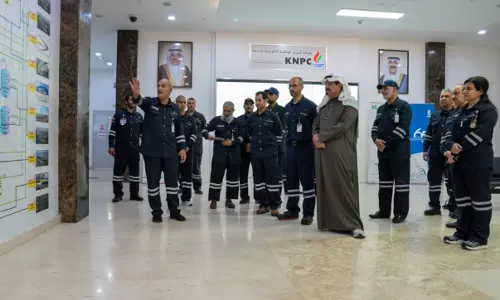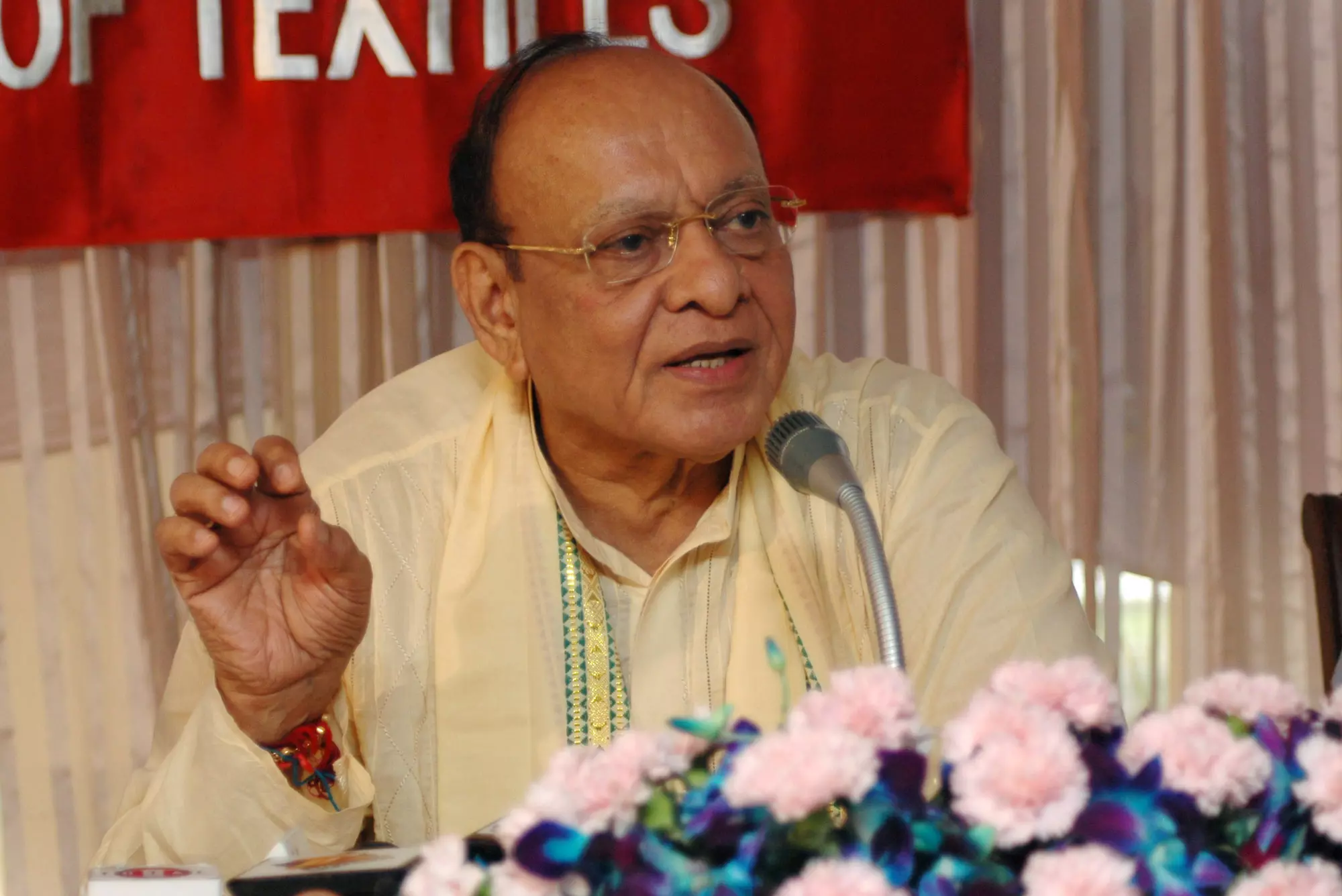
The battle for the bottle has just begun in Gujarat!
text_fieldsFormer Gujarat chief minister and PSDP leader Shankersinh Vaghela (file photo)
Ahmedabad: As a leader of his new political outfit, Gujarat's octogenarian rebel politician, former chief minister, Shankersinh Vaghela- is gearing up for a spirited `battle for the bottle` in the parched land, under prohibition since its foundation in 1960.
At the moment, Vaghela-led Praja Shakti Democratic Party (PSDP) is the only political party in the dry state that promises to lift the ban on liquor, even though the 82 –year-old, the veteran of many battles, is fully aware that the very idea and suggestion to lift the prohibition is asking for trouble which means a backlash from Gandhians, women and the moral brigade alike.
But then the maverick politician has nothing to lose – he has had his innings – in a political career spanning more than five decades; he has been a member of the Jan Sangh, the BJP, the Congress and the Nationalist Congress party before he recently announced that his new outfit - PSDP (Praja Shakti Democratic Party) - which will do away with the regressive prohibition policy if voted to power-a distant reality but good talking point for initiating healthy debate.
And it is not the first time,- that a political outfit has said so. Five years ago, on the eve of the Assembly election, a similarly new and now defunct political party - Smart Party - floated by a former IPS officer-turned lawyer, Rahul Sharma, had also declared that his outfit would fight the Assembly elections on the issue of lifting the ban on liquor. The party could not even take off- as there were no takers for it. So, the battle for the bottle and the freedom to drink fizzled out before it began, soon after the announcement.
Even this time around, it is unlikely that the former chief minister will get any popular support in what appears to be keenly contested elections in the three-cornered contest- the leading players being BJP, the Congress and the Aam Aadmi Party( AAP).
Parthesh Patel, Vaghela's close aide, says "it is not that Vaghela has recently hit the idea. He was giving it serious thought for two years. But it is only now that he has officially declared that if we form the government, we will lift the prohibition". Let's face the truth: the ban is not working because it is not workable. Alcohol is smuggled in from Rajasthan and Maharashtra and sold by bootleggers. So, the ban hasn't stopped Gujarat from having one of the highest liquor consumption rates in the country, powered by an underworld economy.
This is precisely the reason why PSDP argues that in the name of Gandhi, the state incurs an estimated annual loss of Rs 40,000 crores which could be utilised to provide free education and better health care.
Patel said his team, which had conducted a survey, has found that nearly one crore people are occasional drinkers in dry Gujarat. The rich and affluents have 'health permits' and the poor are left with no choice. They can only consume spurious liquor and die – as has happened recently in Botad district where more than 60 people lost their lives after consuming poisonous, toxic liquor.
Patel claimed that there are thousands of young widows in central Gujrat's Bharuch district, mainly in the OBC community - many who met the former chief minister. Women who lost their husbands reportedly told Vaghela that prohibition should be lifted so that quality liquor is available, confessing that all the men in their community were habitual drinkers.
So, to save precious lives, those who want to drink should get quality liquor. For that, we will frame "a scientific policy", said Patel, claiming that his party is getting a good response from NRIs – many of them have promised support. And some of them will be here actively campaigning in the upcoming elections.
What if there is a backlash? In that case, said Patel,"we will ask all Gandhians and all those who support strict enforcement of prohibition should first go to Maharashtra, Delhi or Goa to enforce prohibition there. If liquor is a social evil, it should be banned everywhere - not just in Gujarat, Gandhi's birthplace but even in Delhi where he died. There cannot be different policies for different states - it does make sense if you are a genuine follower of Gandhi".
Today, any fool knows that the ban benefits only bootleggers and corrupt politicians and officials.
Yet, on this issue, Vaghela appears to be a lone wolf, with not too many people supporting his call to lift the prohibition, even those who have been close to him – even his one-time fellow travellers - too, believe that Vaghela is 'on the wrong track``, perhaps he wants to ``hog the limelight``.
It is going to be a lonely battle for Vaghela, as indicated by his former party colleagues. In a very outspoken manner, Suresh Mehta, former chief minister, said there is no need to review the prohibition policy which itself is not wrong but admitted the fact that its implementation was 'corrupt' from the very beginning. So, the only solution, he says, is proper implementation, not scrapping the policy itself.
Echoing Mehta, Vidyut Joshi, a sociologist and former VC, Bhavnagar University, further explains why "Gujarat is different from other states and why it will remain dry. Because Gujarat has a liberal business ethos. People here do not like to consume liquor, only 30 per cent are regular drinkers`".
Clearly, despite his popularity and public announcement, Vaghela is not going to get support from any community, any section of society, in Gujarat- the land of many religious sects preaching and promoting teetotalism.
So, predictably it will take a long time before the battle for the bottle is decisively fought and won in the Western state of Gujarat. Till then, the state will remain what it is: 'dry' - at least on paper, though illicit liquor will continue to flow and the poor will continue to die after consuming spurious liquor. And the politicians will continue to be in denial mode, swearing by Gandhi and pretending that all is well. So, no need to review the archaic, repressive ban on liquor, even if it is not working.























